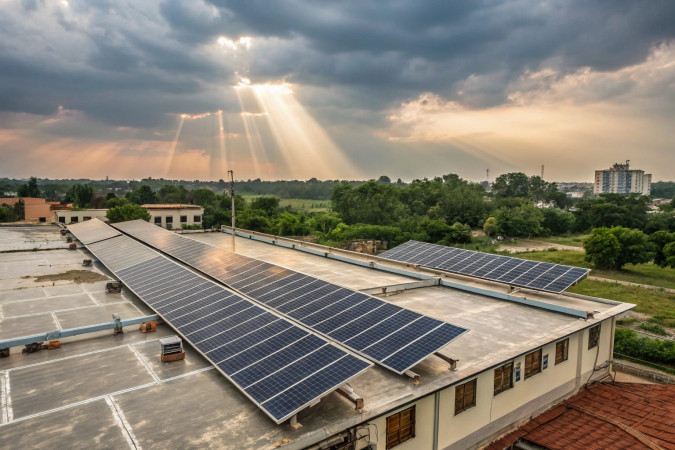
Follow India Renewable Energy News on WhatsApp for exclusive updates on clean energy news and insights
Right-of-Way Delays Hindering India’s Transmission Growth
Mar 20, 2025
India is aggressively expanding its power transmission network, but persistent Right-of-Way (RoW) challenges are delaying crucial projects, increasing costs, and slowing renewable energy integration. Some transmission projects have been stuck for as long as five years due to land disputes, regulatory bottlenecks, and lengthy forest clearances.
India’s Transmission Expansion Plans
- Transmission network (220 kV and above) is set to expand from 4.92 lakh ckm (2025) to 6.48 lakh ckm (2032).
- Transformation capacity will nearly double from 1,275 GVA to 2,345 GVA.
- HVDC transmission capacity will increase by 33.25 GW, nearly doubling the existing 33.5 GW.
Key RoW Challenges
- Landowner Disputes - Demands for higher compensation beyond state-set rates.
- Forest Clearances - Lengthy approvals slowing infrastructure development in ecologically sensitive areas.
- State-Level Bottlenecks - Inconsistent regulations and delays in permissions.
Measures to Address RoW Issues
- Revised Compensation Guidelines (June 2024) - Landowners now receive up to 200% of land value at tower bases and 30% for RoW corridors.
- Fast-Track Approvals - The Project Monitoring Group (PMG) and Gati Shakti Portal ensure GIS-based validation and streamlined state coordination.
- State-Level Engagement - Transmission Service Providers (TSPs) and local authorities are closely monitoring and resolving disputes.
Need for Better Communication & Collaboration
While policy measures exist, gaps in communication remain. Transparent engagement with landowners, policymakers, and local authorities can:
- Streamline approvals through public participation. Build trust by addressing compensation concerns upfront.
- Enhance developer-state coordination for faster dispute resolution.
India aims to achieve 500 GW of non-fossil capacity by 2030, but unresolved RoW issues could derail these targets. Strengthening communication and cooperation at all levels is crucial to overcoming these challenges.